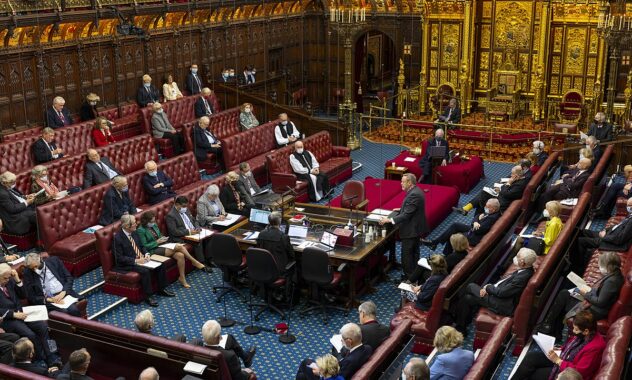ILO Refers Dispute Over The Right To Strike To International Court

In a crucial decision, the ILO Governing Body has voted in favour of seeking a resolution from the International Court of Justice (ICJ) over a long-standing dispute between workers’ and employers’ representatives related to the right to strike.
ILO jurisprudence effectively means that the right to strike derives under international law from ILO Conventions 87 (Freedom of Association) and 98 (Right to Organise and Collective Bargaining).
For nearly 10 years, there has been an impasse on the issue at the ILO between the worker representatives, who support the ILO jurisprudence, and the representatives of employers. Under the ILO Constitution, questions such as this can be sent to the ICJ.
In the vote held on 10 November, 19 government representatives on the Governing Body voted with the 14 worker delegates to send the issue to the ICJ. Just seven voted with the employer group, which also has 14 members, while two governments abstained.
Professor Keith Ewing, President of The Campaign For Trade Union Freedom said:
“Although this is a move not without risk, it is essential nevertheless that the existence and scope of the right to strike are settled once and for all, and that national governments take steps fully to implement their international obligations.
The P&O affair reminds us why the right to strike in the widest terms is necessary if employer abuse is to be contained. The British government has been condemned again by the ILO Freedom of Association Committee for the pitiful state of British labour law, revealing the challenge for the ICJ if the gap between international law and national practice is to be closed”.
ITUC General Secretary Luc Triangle said:
“The right to strike is fundamental for workers to get a fair deal and, as history shows, for democracy. We welcome this decision and look forward to putting our case to the ICJ. We are confident that this process will validate the decades of ILO jurisprudence on the right to strike in international law.”
This article was first published on the Campaign for Trade Union Freedom website







